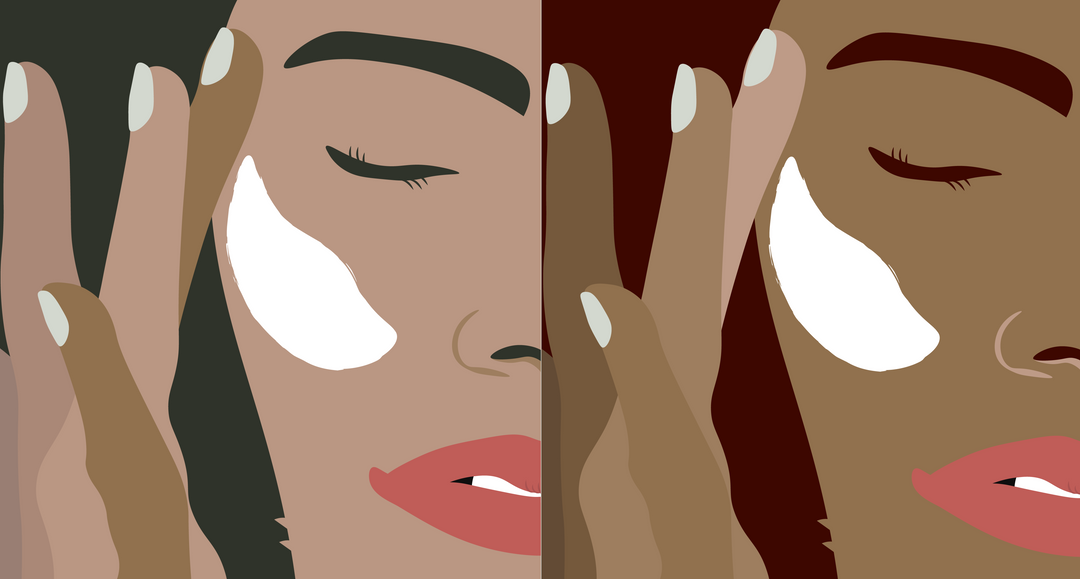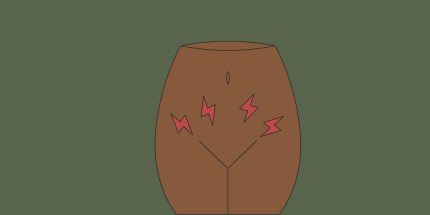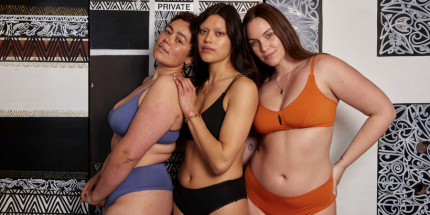Te Awa Atua - The Divine River
Did you feel special when you first got your period? What were you taught when you first got your period, or what was your earliest memory of talking about your menstrual cycle? Were you told about how tapu it is? How open are you with your daughters and sons on this topic? Do you wish you had Period proof underwear given to you with a special talk when you were young?
For many of us, how we talk about our own period and what we learned when that day came, is so very different to how it was spoken about by our Tīpuna (ancestors).
For our Tīpuna, the arrival of 'the divine river' for the first time was something to be celebrated, because they saw it as an ancient river linking generations of women back to our creation stories. The blood represented our own ancestors and our descendants. When it stopped flowing, it signalled the arrival of new whanau.
Kuia or elders would teach both girls and boys about the mana and tapu of menstruation so by the time a girl's first period arrived, everybody understood its importance and how special it was. It was particularly important for boys to learn, because it was the men who took care of the cooking of food and took on more household duties so that the woman could rest (a tradition that today's society would greatly benefit from re-creating!)

- The giving of a new name to signify the entry into adulthood
- A gathering of whanau to share a special meal to celebrate
- Gifts would be presented
- Karakia and waiata both performed and learned
- Moko kaue
- Ceremonial cutting of hair and piercing of ears
- Washing of the 'marked clothes' with karakia
- The ceremonial return of menstrual blood to the earth (Papatūānuku) in much the same way a placenta is returned to the earth with the planting of a special tree.
Our Tipuna would go out into the land and bleed straight onto the earth as a gift to Papatūānuku, as they believed the blood carried our ancestors. We know a handful of beautiful wahine who still carry on this tradition, but many of these traditions have been lost sadly, by some whanau. We won't (yet) get into why that might be, but we think it would be pretty incredible for us to begin to re-tell some of these stories, and incorporate some of these traditions into our whanau.
Would you love to see some of these traditions recreated in your family? Would recreating some of your own traditions similar to this begin to change outdated opinions held by some people, that having your period is unclean or shameful? Would you feel empowered and special?
We would love to hear your thoughts, and begin to korero more on this topic.
Acknowledgements
The information contained in this blog is knowledge passed to us by Ngahuia Murphy in Waiwhero and Te Awa Atua and Ani Mikaere in The Balanced Destroyed. Acknowledgements to these incredible wahine who are retelling our stories from a Mana Wahine experience.





I never thought about doing this. My own arrival was a source of great shame and fear and I hid it from everyone until my mother found out somehow. Cue mass hysteria, deep shame and embarrassment. I would love to make this a special time to share with my [future potential] daughter/s.
I love this!! My daughter is almost 11 and giving her the opportunity to celebrate her growth and movement toward her womanhood Is so positive and lovely.
Mine was a single dad so the first I heard about periods was at school. We were separated from the boys and taken to a PE storage room (for privacy reasons) there were OHP diagrams put up and pictures dating back from at least the 70’s (this was 1990) and two mature female teachers told us what to expect – and it was definitely no party!
Leave a comment